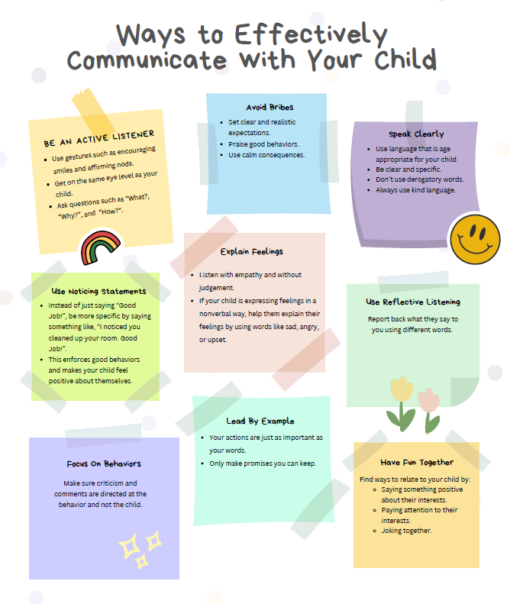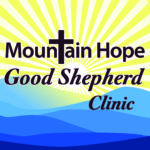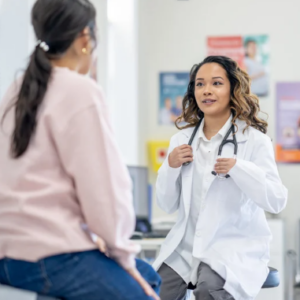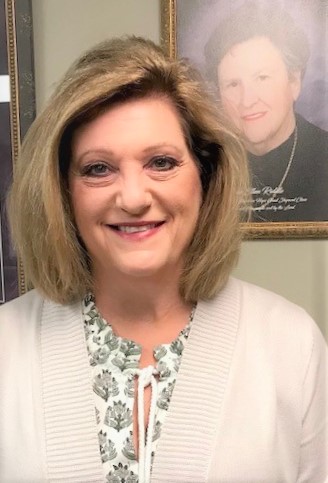October is celebrated as “Let’s Talk Month,” a time to emphasize the importance of effective communication between parents and their children. Here at Mountain Hope Good Shepherd Clinic, we value family health, and believe that open and honest communication is the cornerstone of a strong parent-child relationship. It builds trust, fosters understanding, and helps children grow into confident, emotionally healthy individuals. UNICEF provides valuable insights on how to enhance parent-child communication, offering nine key strategies to help you connect with your child on a deeper level.
A key point is to be an Active Listener: Active listening is the foundation of good communication. When your child speaks, give them your full attention. Make eye contact, nod, and encourage them to express themselves. Being an active listener shows that you value what your child has to say. 
- Avoid Bribes: Bribing your child to get them to do something can undermine their sense of responsibility and the intrinsic motivation to do it. Instead try to explain the benefits or consequences of their actions, allowing them to make informed choices.
- Speak Clearly and Simply: Use language that is age-appropriate and easy for your child to understand. Avoid jargon and complex terminology. Clarity in your speech makes it easier for your child to grasp your messages.
- Use Noticing Statements: Noticing statements involve acknowledging your child’s feelings or actions without judgment. For example, “I noticed you seem sad today. Would you like to talk about it?” This technique can help your child feel respected and loved.
- Explain Feelings: Help your child understand their emotions by explaining your feelings and emotions when appropriate. Share how you deal with various emotions, teaching them healthy ways to manage their feelings.
- Use Reflective Listening: Reflective listening involves summarizing what your child has said to ensure you’ve understood correctly. It also shows that you value their thoughts and feelings. For example, “I hear you saying that you’re upset because your friend didn’t include you in the game.”
- Focus on Behaviors, Not the Child: When addressing behavioral issues, it’s essential to focus on the behavior itself, not on labeling or criticizing your child. For example, say, “Hitting is not allowed” instead of “You are a bad kid for hitting.” This approach promotes positive behavior change.
- Lead by Example: Children learn by observing their parents. Model the communication skills you want them to develop. This includes being respectful, empathetic, and understanding in your interactions with others.
- Have Fun Together: Quality time spent together is a great opportunity for open communication. Play, engage in activities your child enjoys, and create an environment where they feel comfortable talking to you.
Let’s Talk Month is a reminder of the vital role that communication plays in building strong parent-child relationships. By applying these nine effective communication strategies, you can foster trust, understanding, and emotional well-being in your child. As you actively listen, avoid bribes, speak clearly, use noticing statements, explain feelings, practice reflective listening, focus on behaviors, lead by example, and have fun together, you’ll create a nurturing environment where your child feels respected, loved, and heard. These essential skills will benefit them throughout their lives, helping them become confident and emotionally resilient individuals. So, take the time to talk and connect with your child this October and beyond.




